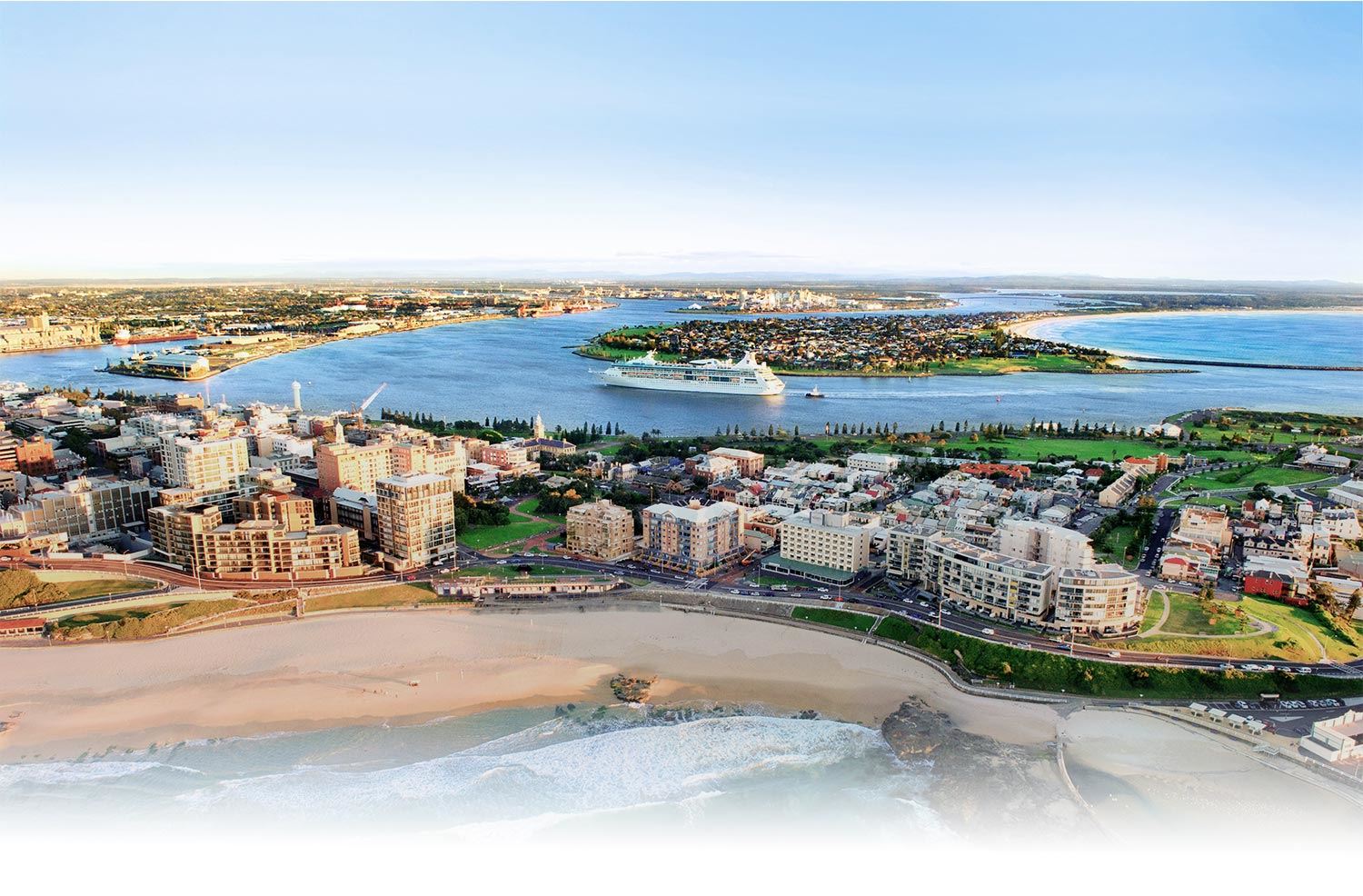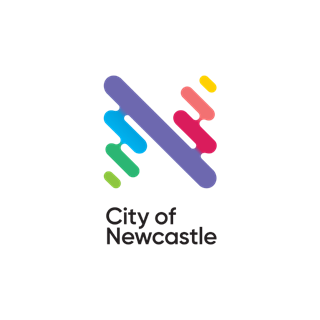
City’s action to address climate change set to be strengthened
20 May 2020
With City of Newcastle already leading the local government sector on climate action, the community and local businesses are now invited to learn about the development of a new strategy to reduce our greenhouse gas emissions even further as we continue to drive the City’s journey towards a net zero emissions future.
The City’s new climate action plan will outline specific goals and priorities for the next five years, paving the way to further positive environmental impacts, such as additional clean energy initiatives, resource efficiency, emissions reductions in supply chains and more sustainable transport.
Community engagement on the 2025 Climate Action Plan will help build on the achievements of the existing 2020 Carbon Water Management Action Plan (CWMAP), which winds up at year’s end.
The CWMAP helped slash carbon emissions through construction of a five-megawatt solar farm, installation of more than half a megawatt in rooftop solar panels on council facilities across the city and our suburbs, significant streetlight LED upgrades and a power purchase agreement that sees the City running on 100 per cent renewables.
Constructed on a former landfill site after securing a $6.5 million loan from Australia’s Clean Energy Finance Corporation in 2018, our solar farm is the city’s single largest investment in a renewable project, following eight other solar installations at our Waratah Works Depot, Newcastle Art Gallery, City Hall, Wallsend and New Lambton libraries, No.1 and No.2 Sportsgrounds and Newcastle Museum.
The solar farm at the Summerhill Waste Management Centre builds on one of Australia's most advanced renewable energy setups at a waste facility - with a 2.2megawatt landfill gas generator and a small wind turbine also located onsite.
Meanwhile, the City has begun transitioning to electric vehicles, installing electric vehicle charging stations to encourage EV take up and investigating the use of electric trucks to reduce diesel usage and further cut emissions.
“Through strong and consistent actions to reduce our emissions, in part due to our ambitious 2020 Carbon Water Management Action Plan, City of Newcastle is now recognised as one of the leading local government authorities when it comes to implementing initiatives to address climate change,” Lord Mayor Nuatali Nelmes said.
“After achieving so much over the past five years, in particular becoming the first NSW Council to become powered by 100 per cent renewable energy this year, our transformation to a sustainable city will continue under a new Climate Action Plan.”
“People can learn about the goals we’re looking to adopt in tackling climate change during the month-long public exhibition period.
“I encourage everyone to let us know what they think should be prioritised and what role not only the City but businesses and the community should take to realise net zero emissions.”
In May 2019, City of Newcastle recognised that there is a global climate change emergency and urgent need for real action on climate change.
In doing so, the City reaffirmed our commitment to a just economic transition for coal mining communities, including support for investment in hydrogen as an export energy, construction of large-scale renewables and pumped hydro, and manufacturing of electric vehicles.
Lord Mayor Nuatali Nelmes said the City also plays a strong advocacy role when it comes to pushing for action on climate change from the local government sector.
“City of Newcastle has long ensured local government steps in to fill the policy gaps left when other tiers of government and the private sector have failed to assist in reducing global emissions.
“Dating back to the Pathways to Sustainability Conference held in Newcastle in 1997 and subsequently by the development of local strategies and solutions through the Cities for Climate Protection Program, the Global Covenant of Mayors for Climate and Energy and through development of practical implementation programs for local government in Australia and New Zealand, City of Newcastle has long led the way by working in partnerships to develop and implement strategies and initiatives to tackle climate change head on,” the Lord Mayor said.
City of Newcastle is a founding member of Local Governments for Sustainability (ICLEI), a founding member of the Business Renewables Centre, a member of the Cities Power Partnership, a member of the Global Covenant of Mayors for Climate and Energy, and recently became a Pioneer City for ICLEI’s CitiesWithNature program.
City of Newcastle has formally committed to the principles and targets of the Paris Climate Agreement.
An online information session will be held on Thursday 28 May at midday to provide further information on the City’s current and future initiatives before the draft plan goes on Public Exhibition later in the year.
Register here to register for the online session.
Participants are encouraged to submit three topics they’d like covered or questions on climate action in advance here
Under the 2020 CWMAP, to date City of Newcastle has:
- Reduced electricity usage by 14.45 per cent
- Upgraded 31 per cent of streetlights to LEDs
- Secured 100 per cent of electricity from renewable sources
- Reduced potable water usage by 8.59 per cent
- Slashed the City’s carbon footprint by 77.36 per cent, excluding emissions from Summerhill Waste Management Centre
- Reduced liquid fuel use by 6.97 per cent











